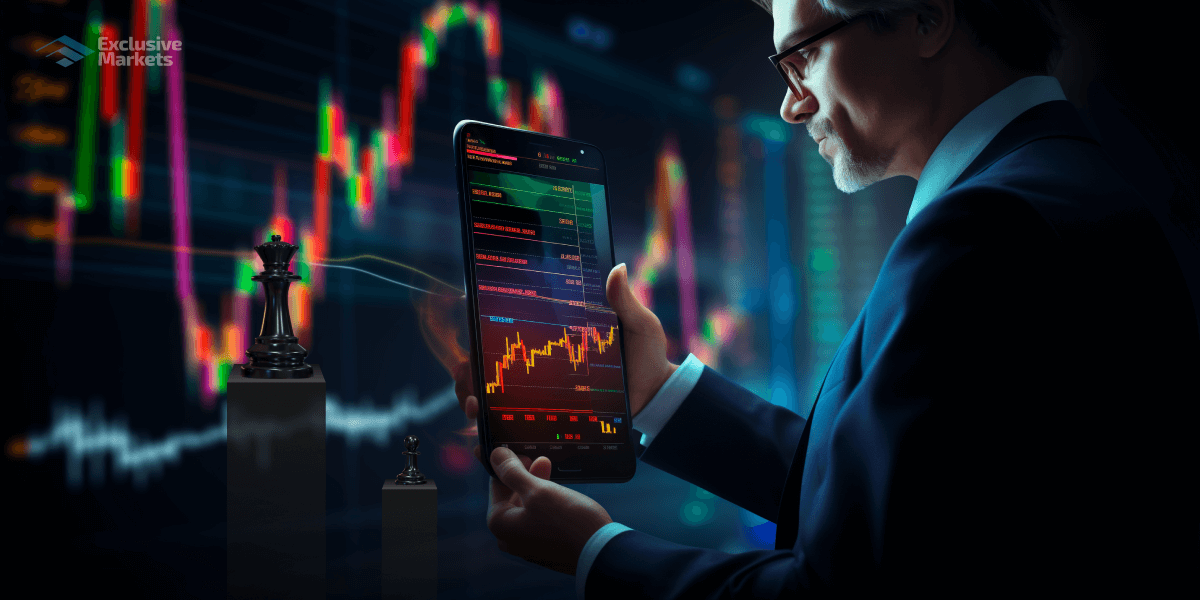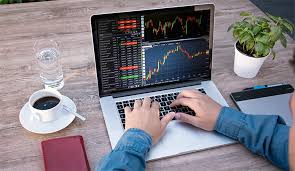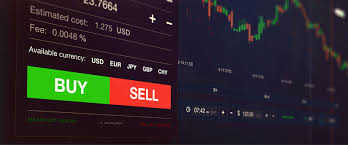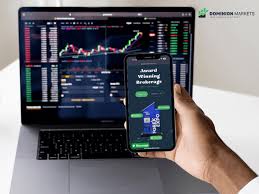
Online Forex Trading: Your Path to Financial Freedom
In the ever-evolving landscape of finance, online forex trading has emerged as one of the most popular and accessible ways for individuals to engage with the global currency markets. With the advent of technology, trading currencies online has become easier than ever before. Individuals can trade from the comfort of their homes, thanks to platforms offered by brokers like trading forex online Jordan Brokers. Whether you’re a seasoned trader or a complete novice, understanding the forex market and how to navigate it successfully is crucial for unlocking its potential.
What is Forex Trading?
Forex, short for foreign exchange, refers to the global marketplace where currencies are traded. Unlike stocks, which are traded on exchanges, forex trading happens over the counter, meaning transactions occur directly between parties, typically through brokers. The forex market is the largest financial market in the world, with a daily trading volume exceeding $6 trillion. This immense liquidity allows traders to buy and sell currencies at any time, making forex an attractive option for many.
How Forex Trading Works
Forex trading involves buying one currency while simultaneously selling another; the two currencies involved make up a currency pair. For instance, when trading the EUR/USD pair, you are buying euros and selling U.S. dollars. The value of a currency pair fluctuates based on supply and demand factors, economic indicators, geopolitical events, and market sentiment. Traders aim to predict these fluctuations in order to make a profit.
Key Players in the Forex Market
Understanding who participates in the forex market is essential for grasping its dynamics. The primary players include:
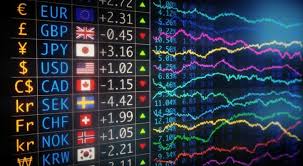
- Banks: Major investment and commercial banks conduct the majority of forex transactions for clients and themselves.
- Central Banks: National banks intervene in the forex markets to stabilize or influence their currency’s valuation.
- Hedge Funds: These funds employ various strategies to capitalize on market movements, often holding significant positions in currency trades.
- Retail Traders: Individuals who trade through online platforms, seeking to make profits from price fluctuations.
Getting Started with Forex Trading
Before you dive into forex trading, it’s essential to grasp some fundamental concepts and steps:
- Choose a Reliable Broker: Broker selection is crucial. Look for a reputable broker with a user-friendly platform, good customer service, and competitive spreads.
- Open a Trading Account: Once you’ve selected a broker, you’ll need to open a trading account, which can typically be done online.
- Practice with a Demo Account: Most brokers offer demo accounts where you can practice trading without risking real money.
- Learn Trading Strategies: Familiarize yourself with various trading strategies, such as day trading, swing trading, scalping, and position trading.
- Stay Informed: Keep up with economic news, geopolitical events, and trends that may impact currency prices.
Understanding Forex Terminology
Familiarizing yourself with key forex terms will help you interpret market signals and execute trades effectively:
- Pip: Short for “percentage in point,” a pip represents the smallest price move in the forex market.
- Leverage: This allows traders to control larger positions while only putting up a small amount of capital—notably increases both potential profits and losses.
- Margin: The amount of money needed to open and maintain a leveraged position in the forex market.
- Spread: The difference between the bid (selling) price and the ask (buying) price.
Common Trading Strategies
Various strategies can be employed in forex trading, each catering to different trading styles and risk appetites:
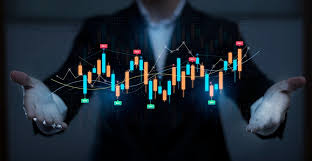
- Day Trading: Involves making multiple trades throughout the day, capitalizing on short-term market movements.
- Swing Trading: Traders look for short- to medium-term opportunities and hold onto positions for several days or weeks.
- Scalping: A rapid trading strategy aiming to exploit small price movements for quick profits.
- Position Trading: A long-term strategy where traders hold positions for weeks, months, or even years, based on fundamental analysis.
Risk Management in Forex Trading
Risk management is critical in forex trading. Due to the market’s volatility and the use of leverage, traders can face significant losses. Here are some risk management techniques:
- Set Stop-Loss Orders: These orders automatically close a trade at a predetermined price to limit losses.
- Use Take-Profit Levels: Setting take-profit levels ensures you secure profits when your target is reached.
- Limit Leverage: While leverage can magnify profits, it can also amplify losses. Use it judiciously.
- Diversify Your Portfolio: Avoid putting all your capital into a single trade—spread your investments across different pairs.
The Psychological Aspects of Trading
Trading isn’t just about numbers; it’s also about psychology. Emotions like fear and greed can influence trading decisions. Here are some tips to manage your mental state:
- Stick to Your Plan: Have a trading plan and adhere to it, regardless of emotions.
- Stay Disciplined: Avoid overtrading or revenge trading, which can lead to poor decision-making.
- Keep a Trading Journal: Document your trades to analyze your performance and emotional triggers.
Conclusion
Online forex trading presents an exciting opportunity for individuals looking to explore the financial markets. While it offers the potential for substantial profits, it also comes with risks that necessitate a sound understanding of the market, effective strategies, and risk management techniques. With the right approach, education, and discipline, you can begin your journey into the world of forex trading and work toward achieving your financial goals in this dynamic marketplace.
